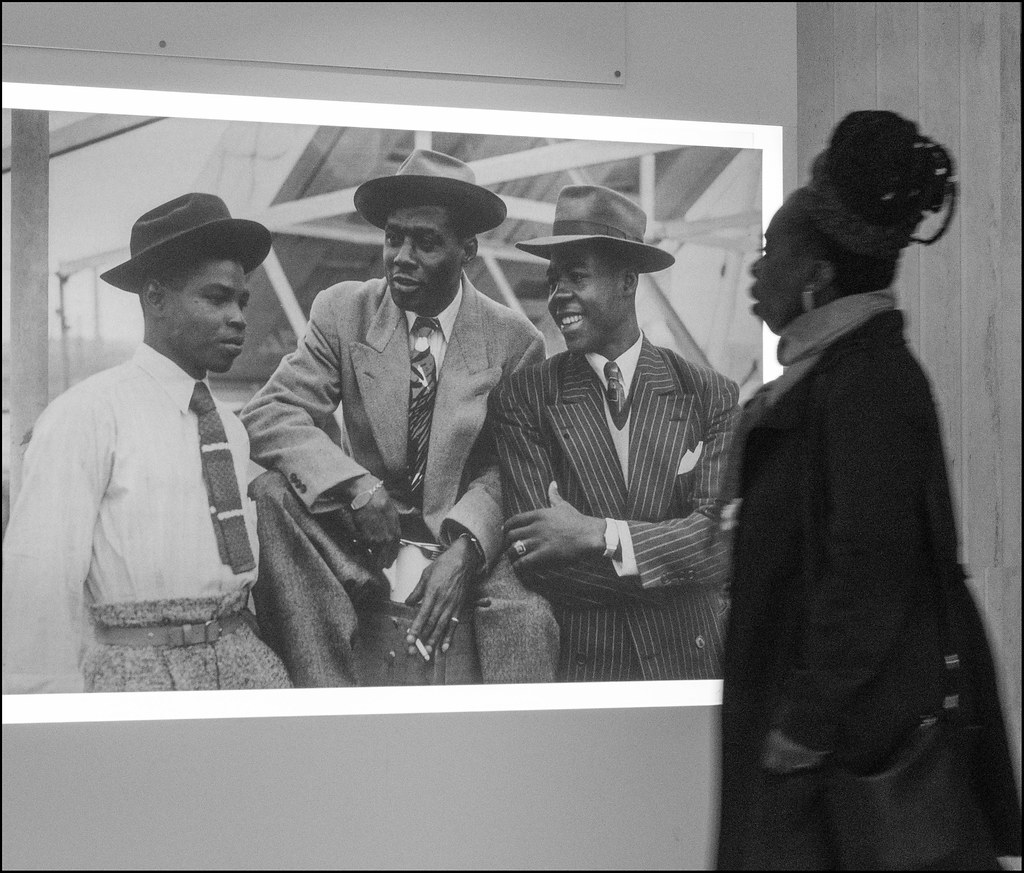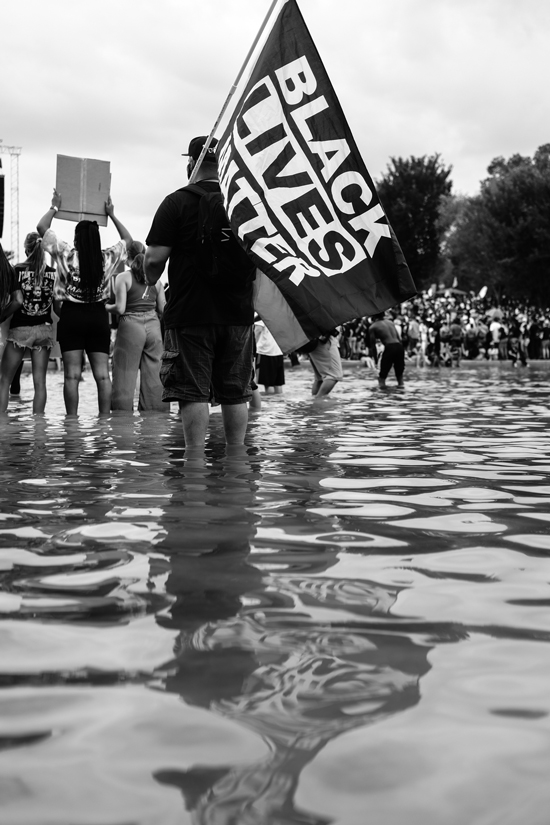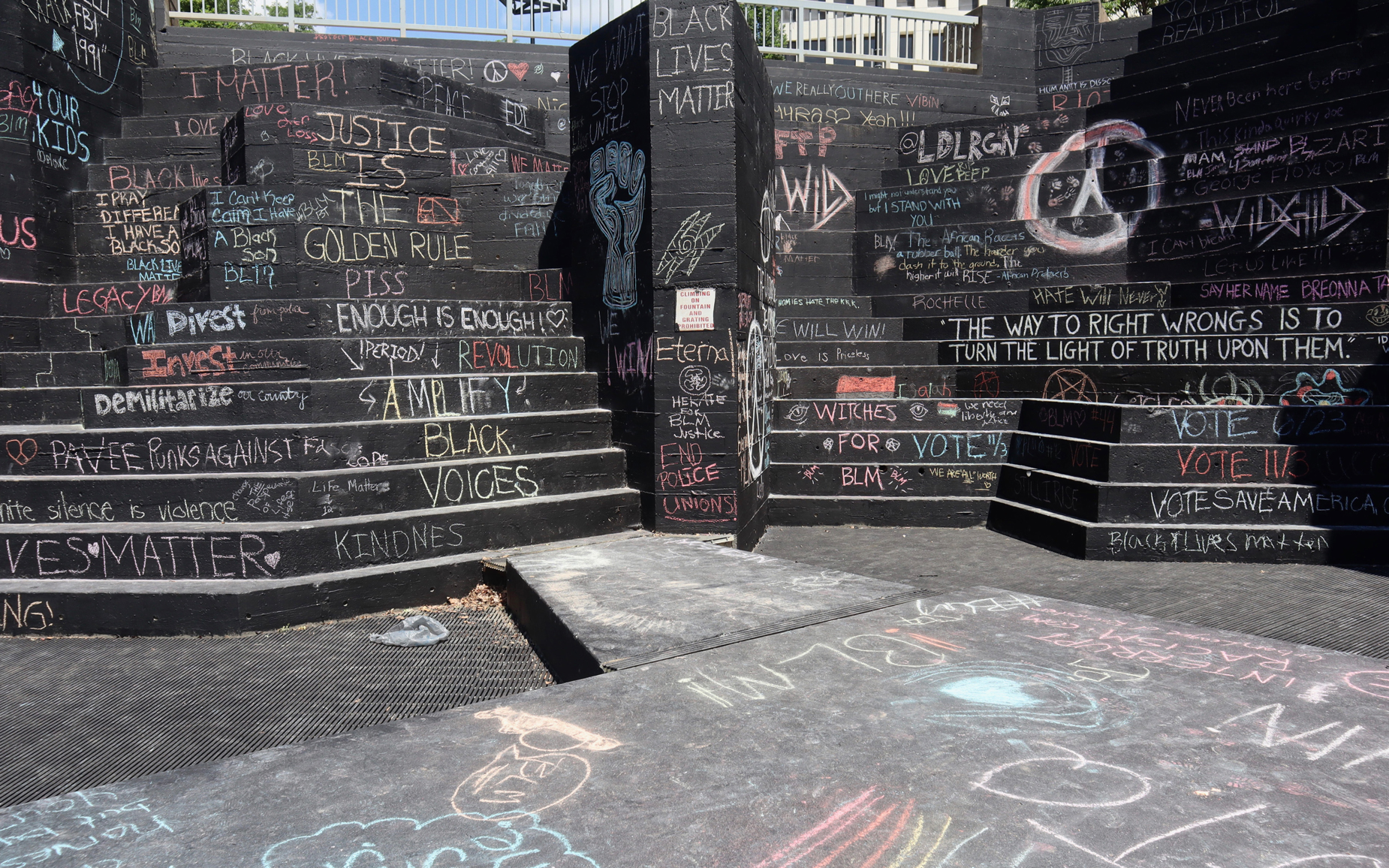The National Archives
By Hazel V. Carby Featured image: Windrush Stories exhibition at the British Library, 2018. Photo courtesy of Leon van Kemenade. I dressed conservatively; I did not appear to be a disruptive or unruly researcher. I was indistinguishable from the others who arrived at the National Archives early in the morning and who stood, patiently, waiting for the doors to open while swans, graceful in their every movement, nuzzled the weeds underwater. As they raised their long necks and droplets of water rolled on the surface of feather, I became aware of my own poor posture and straightened my spine. We who left late in the evening passed through doors that rapidly closed behind us, and did not notice swans. We marched together to and from the Kew Gardens Tube station everyday carrying computers and clutching umbrellas, too intent on our work to acknowledge each other with more than a brief incline of the head and half-smile. After leaving the locker room and climbing the stairs, all similarity with my fellow travelers ceased: they seem to parse the same historical manuscripts …



